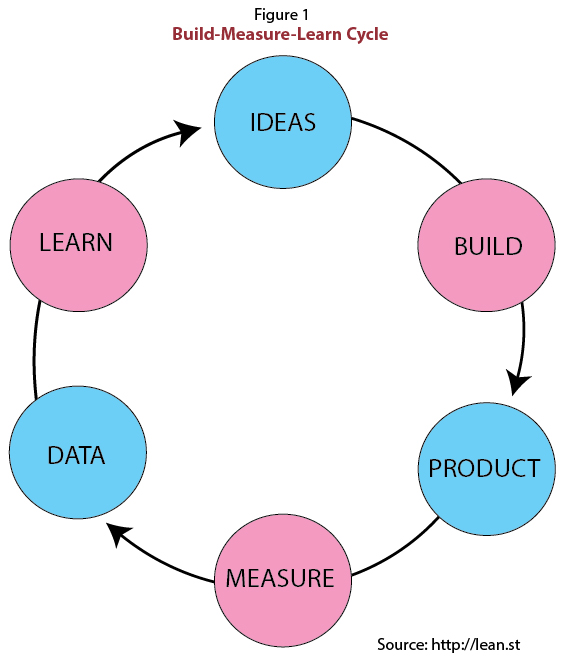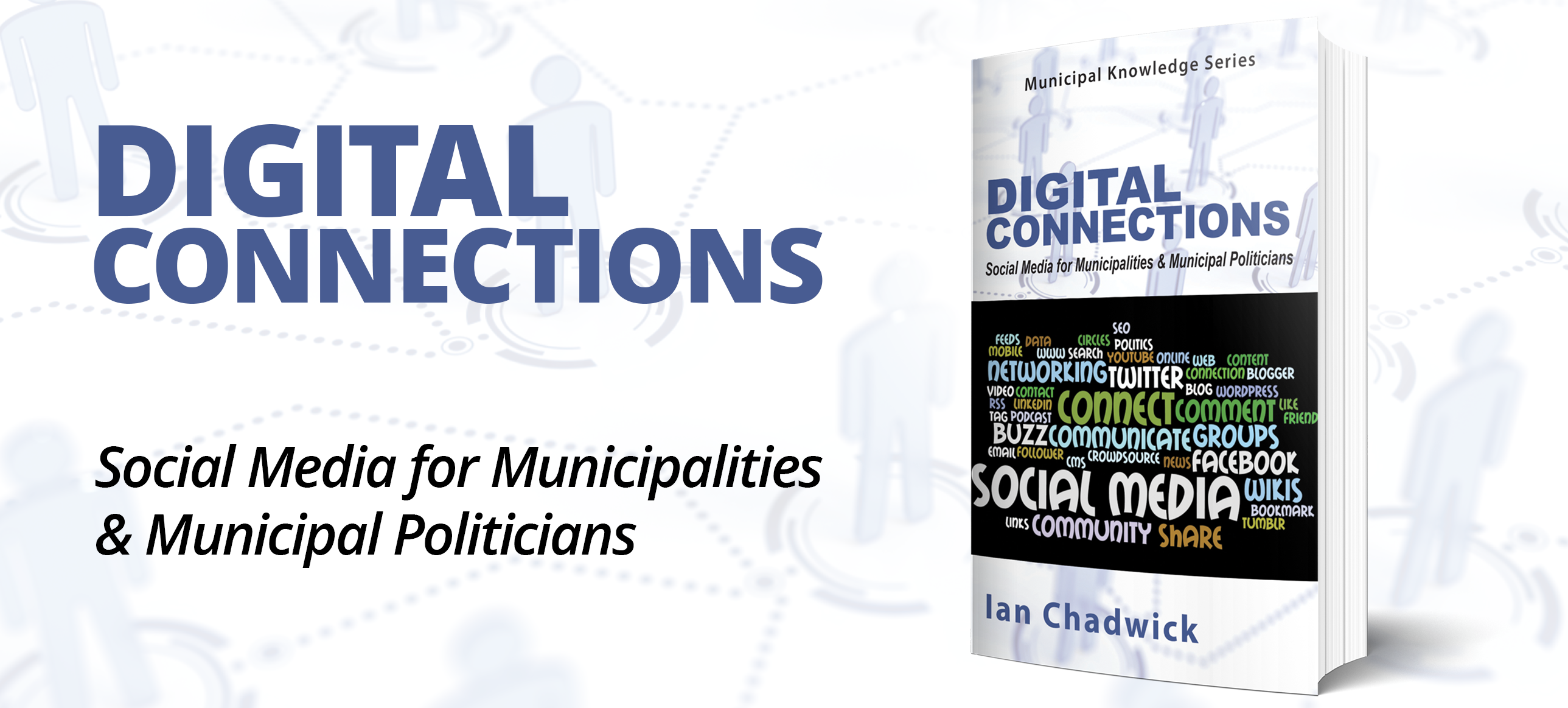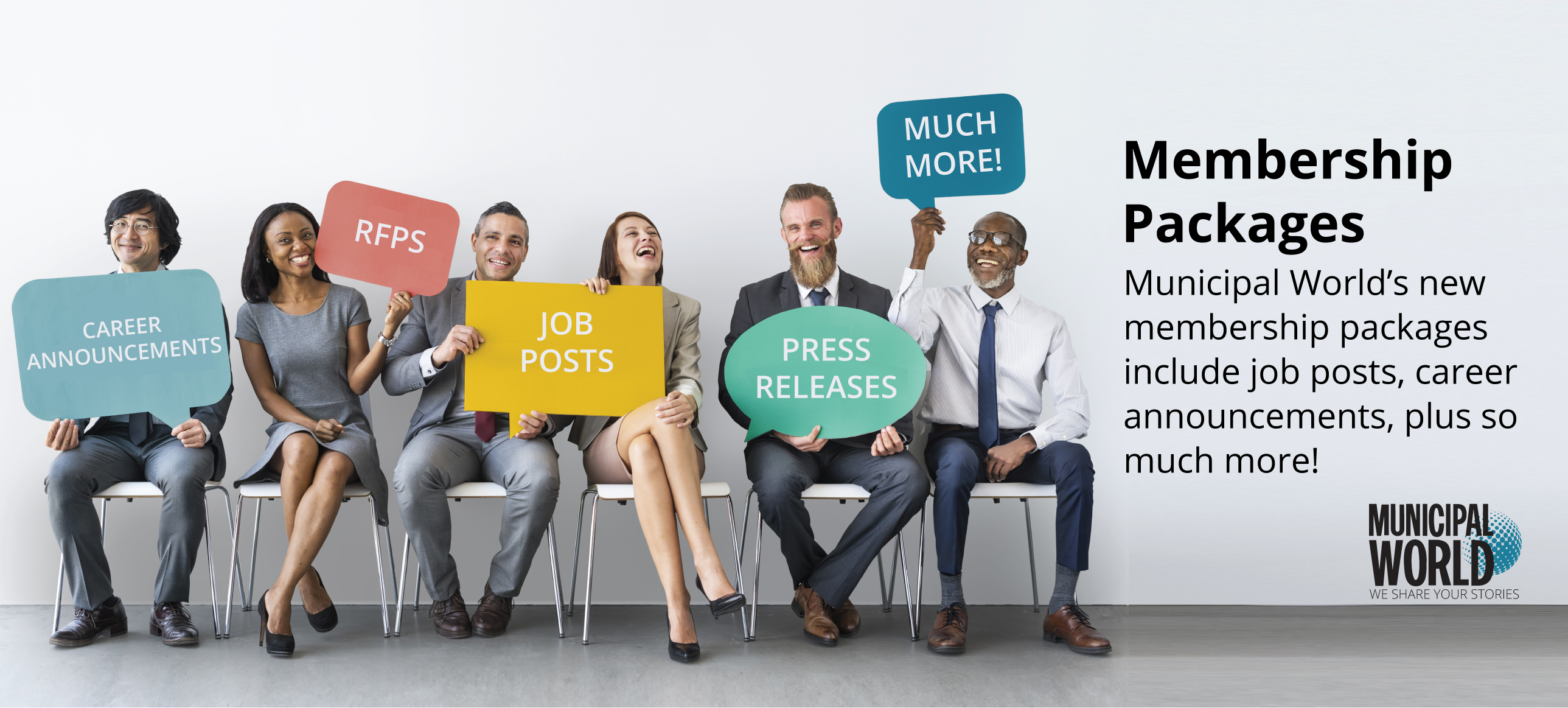Delighting residents and making cities smarter

Today, it is not enough to simply make digital versions of old ways of delivering services. When it comes to technology, cities and governments are competing with some of the best companies in the world. Your residents are not comparing their online experience against that found on the website of the city next door; they do not even visit that city’s website (why would they?). No, they are comparing your service to Google, Facebook, Amazon, or a thousand other websites they use and rely on.
That is why your goal from the beginning should be to delight residents. Obviously, this means getting the basics right – any service must be easy and intuitive to use. But, what really impresses residents is when you offer them something they did not expect, or eliminate work they had to do altogether. Several years ago, a few Vancouver residents built an online tool to help people in their city figure out their garbage schedule. But, the service did not just give people the garbage schedule; it let them sign up for a weekly reminder – which accounted for holidays – that would send them a text message, tweet, or email so they would never have to check their garbage calendar again. Residents loved it and sent in fan mail and high fives. More importantly, it made the service grow by word of mouth and kept residents using it week after week.
The question you have to ask yourself at every moment of the interaction is: What can I offer this person right now that would be unbelievably helpful, but will keep the offering simple? In other words … what would surprise and delight them?
Answer that question and the technology becomes almost secondary.
Look for Opportunities for Engagement
One thing about the online world is that there is almost limitless opportunity to both educate and solicit feedback. After building the garbage day reminders, the team began to understand they were not simply a helpful note; they were an opportunity to engage with residents. What started as friendly little notes about farmers markets and tax filing dates became a service that allowed cities to inform residents about what is going on in their neighbourhoods on a weekly basis.
The single biggest mistake you can make using technology is to fail to build in feedback loops. It used to be that governments could plan a service and let it run for five years, maybe changing it once or twice. Today, citizens increasingly expect constant, iterative improvement because, well, that is what they experience on the web elsewhere.
Measuring Value for Cities
It is only after answering these first two questions – how do we delight residents and how can we ensure the service keeps getting better – that we can begin to wrestle with the issue of how to create value for cities. This may sound backwards, but the reality is, if residents dislike or even feel ambivalent to an online solution, it does not matter how much value it creates for the city. Citizens will either not use it or, just as bad, will complain to councillors and others about it.
And, herein lies the great opportunity (and the big risk) around technology – the ability to measure absolutely everything that happens online. It is very important to be selective in what we measure, picking not that which makes us look good, but that which gives a window into the effectiveness (or ineffectiveness) of a service. In a world of unlimited data, the real danger is not failing to measure; rather, it is measuring the wrong thing, or picking “vanity metrics” that have little meaning and are not actionable.
A great and all too common example of this is “app downloads.” With so many cities launching apps, many want to know how many times their app gets downloaded. Sadly, this is not a particularly relevant or actionable number. What matters is not how many times it gets downloaded, but how frequently it gets used. Think of your own smart phone – how many apps do you have that you have forgotten about or almost never use? The reality is, about 50 percent of the apps you download are not used more than four times. Only 30 percent of apps are used more than 10 times. That is a depressingly low figure if you are looking at downloads and thinking you have a large number of residents relying on your app on a daily, weekly, or even monthly basis.
Iterate and Learn
The explosion of innovative new startups tackling every type of problem has lead to a lot of learning about how to build products effectively. One book, The Lean Startup, describes a process that every learning organization should use – the Build-Measure-Learn cycle. You build something to measure something to learn something. (See Figure 1.)

You can apply this thinking to figure out what metrics to use in evaluating projects. First, start at the end: What do you need to learn? What do residents like so that they keep using the service? What are they not using? How is what they are doing online saving or costing the city more money? Is it reducing or increasing help desk costs?
After determining what you want to learn, you can then think about how to gather metrics to answer those questions. Then, build those metrics into your applications and services, and build dashboards and reports to help make sense of the data. As you go through the project, you can use what’s been learned to drive future decisions around what to invest in, what to redesign, and what you need to learn next.
The biggest challenge for cities is two-fold. First, the coming decade is shifting from a program rollout schedule that survives five to 10 years, to one that needs to be refined on an annual and sometimes more frequent basis. Cities that ask the right questions and collect the right data will become able to be more responsive and more efficient. Those that do not will be swamped in information that misleads them and makes them less competitive (not to mention less service-oriented) than their neighbours. The second challenge is that the expertise around asking these questions and thinking about technology cannot reside exclusively in the IT department. Technology has simply become so pervasive that it is affecting everyone – so the ability to think critically about the impact of technology and innovation will need to be everywhere.
In summary, these are very exciting times in local government. Technology is shifting the universe of the possible, expanding horizons in radical new ways. But, the real challenge is not the technology; it is how residents and staff react and adapt to it. Those that try to find ways to use technology to delight and engage their residents are going to find the journey fun. Likewise, those who are able to ask the right questions about what to measure will reap real benefits in efficiency and effectiveness. MW
LUKE CLOSS and DAVID EAVES are founders of OpenWest Systems Inc – creators of Recollect.net, an app for municipal waste and recycling organizations.
as published in Municipal World, June 2013



